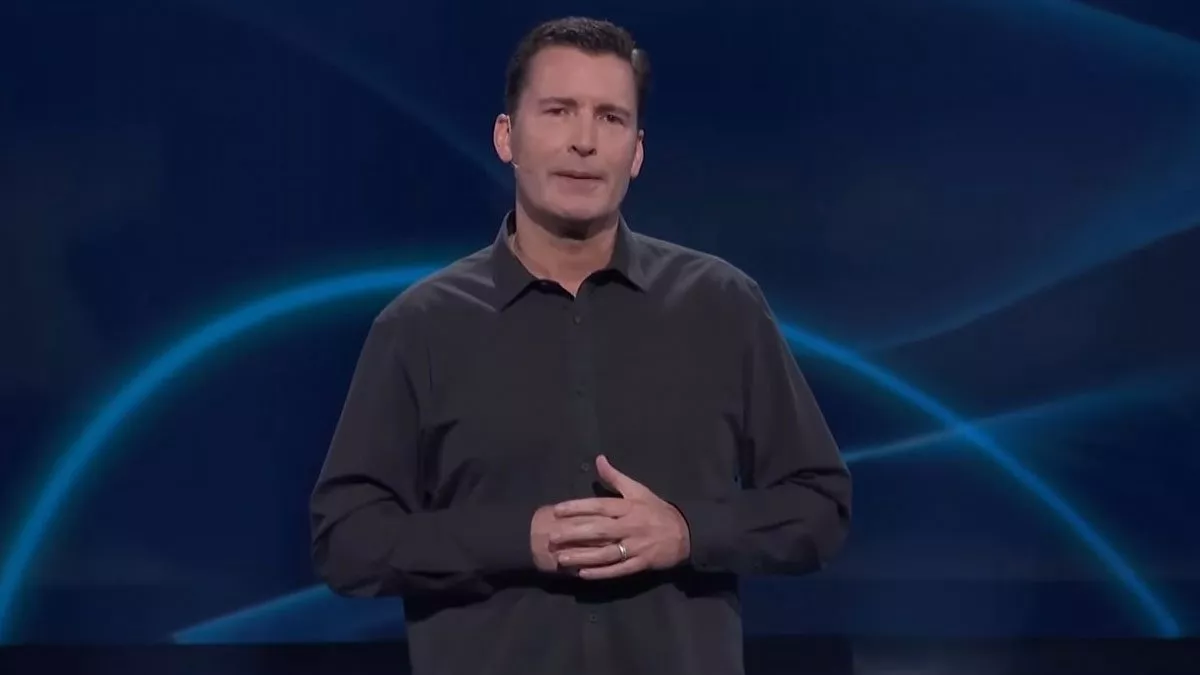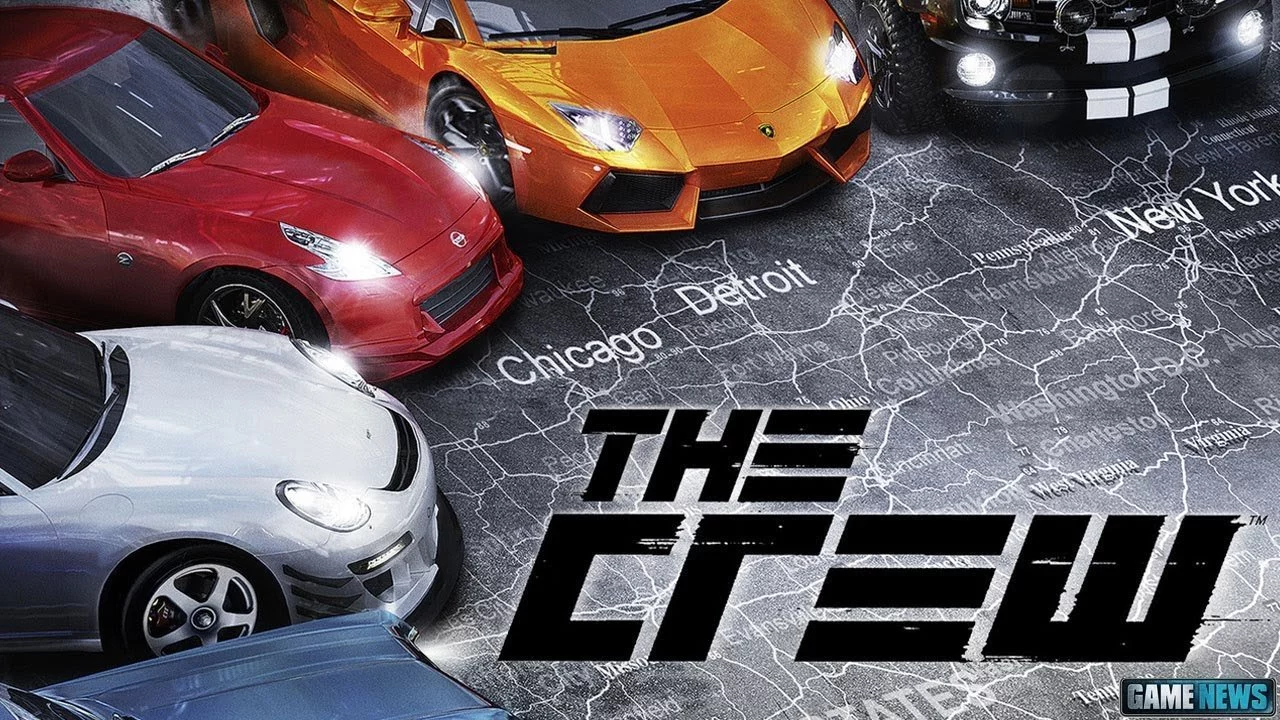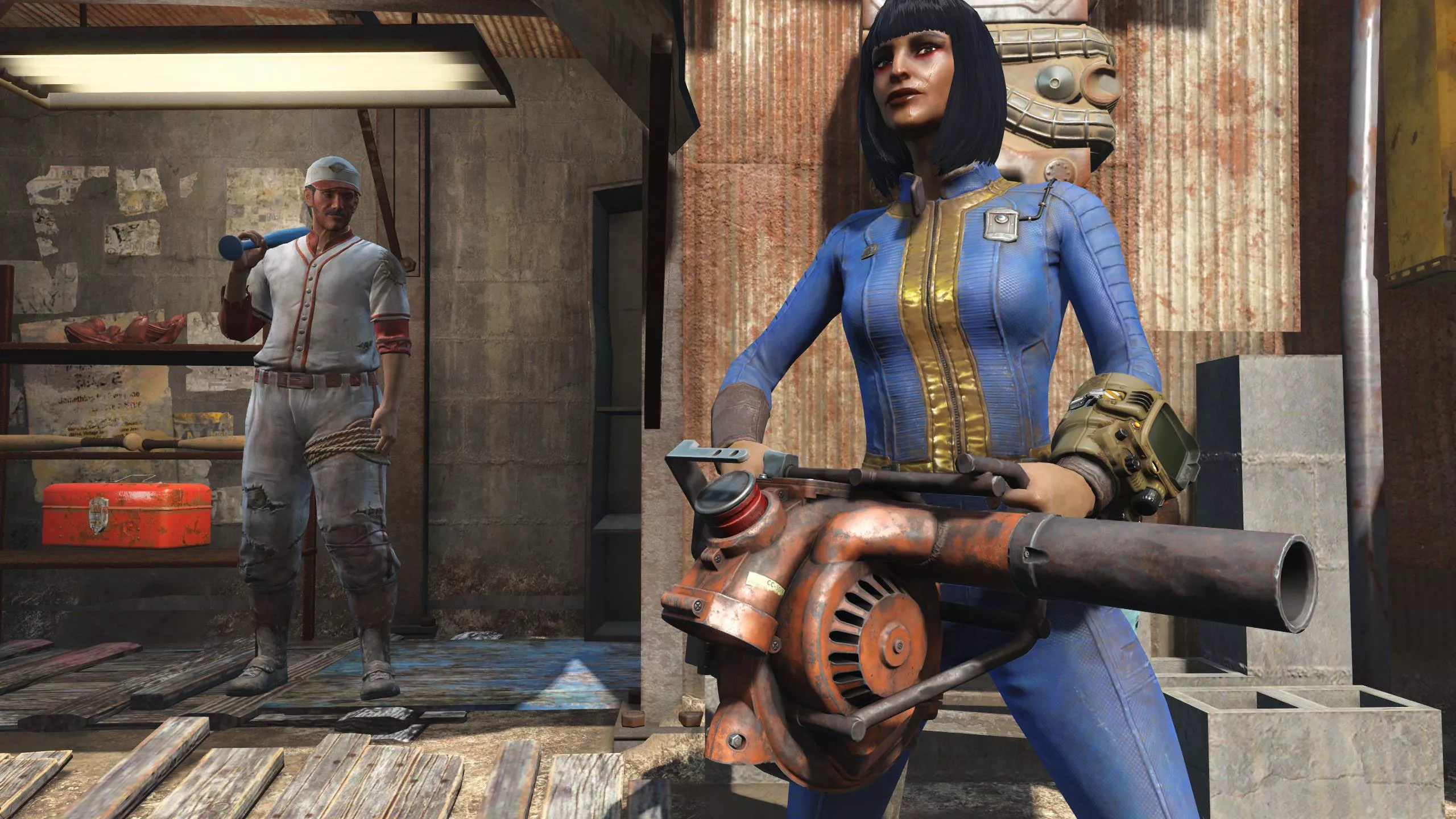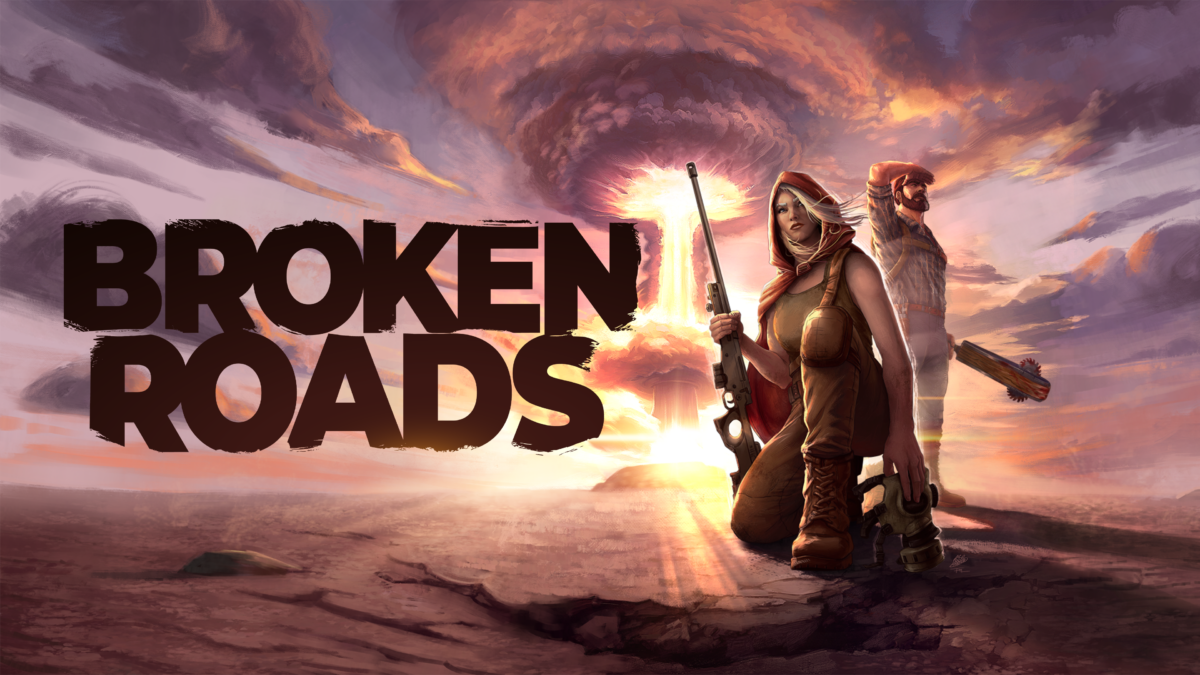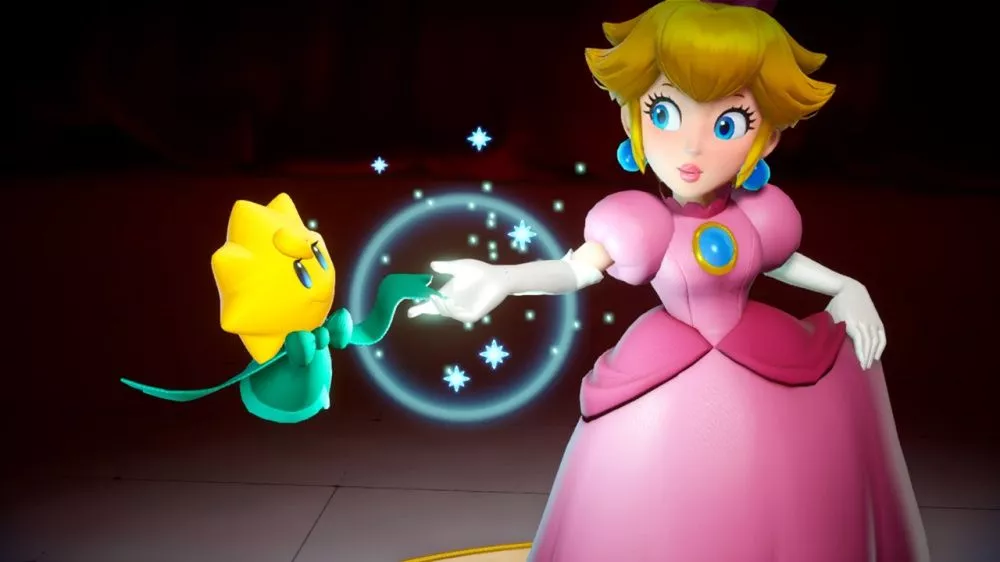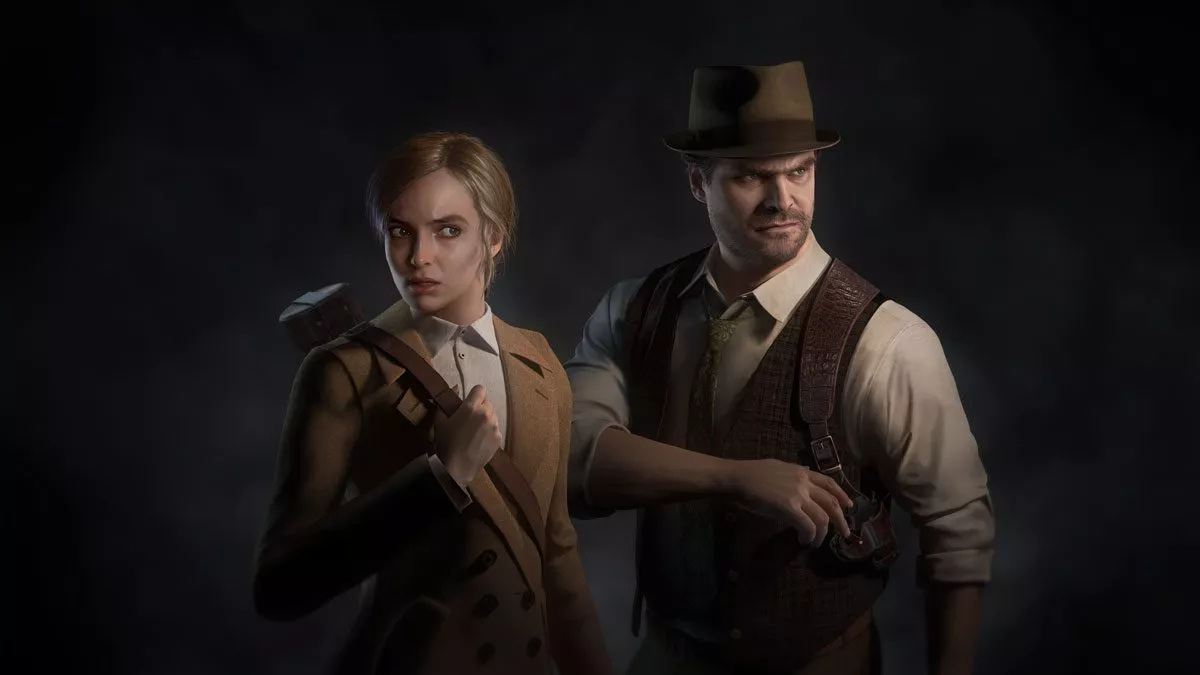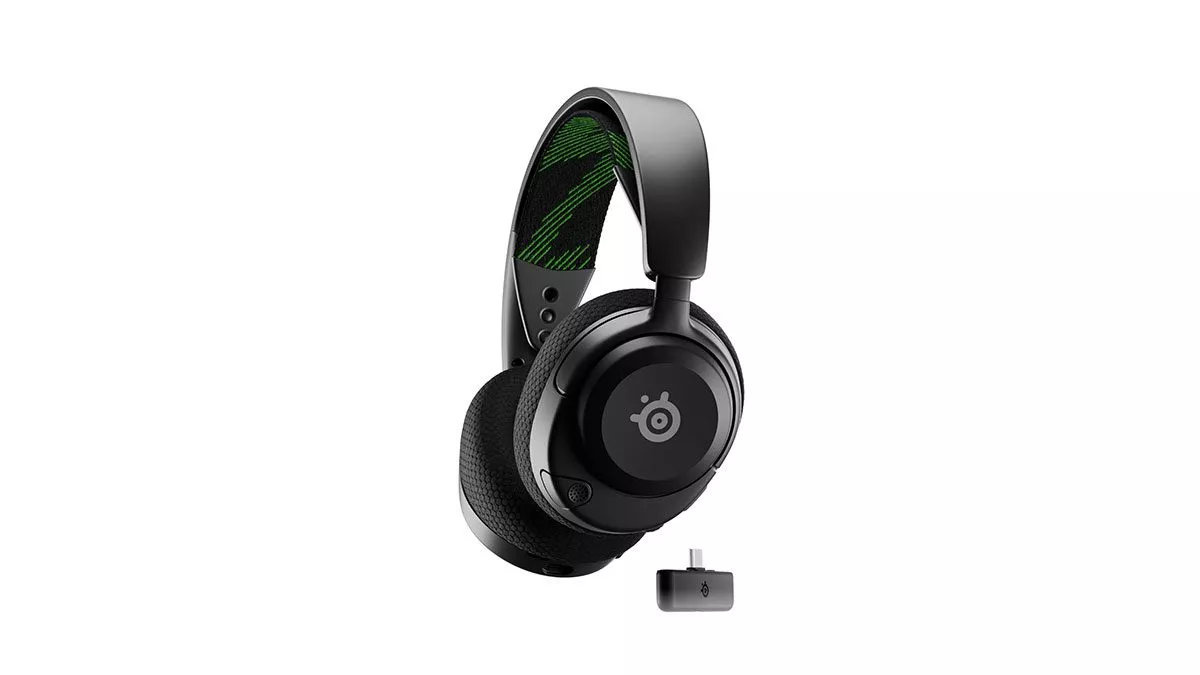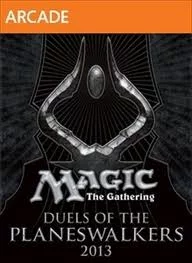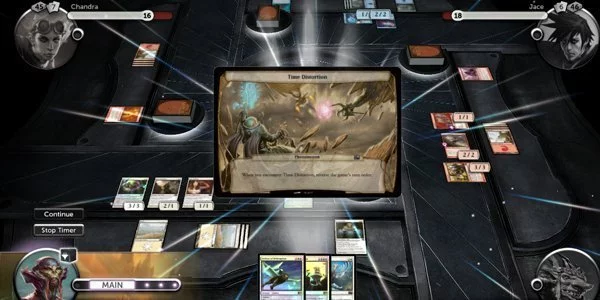I love Magic: the Gathering.
I love the community, the gameplay, the constantly evolving meta (which decks people are using etc), and more than anything I love how the game has seen continual development and growth since its inception way back in 1993. I’ve been playing for nearly nine years, and the hardest part about enjoying my hobby has always been finding other people to play with.
Duels of the Planeswalkers is an introduction to the real Magic game. Preconstructed decks, forced rules, and an online multiplayer component make it easy to jump into the game and learn all of the intricacies it contains. While the overall experience when compared to the real game is quite shallow, Duels 2013 offers an intimate experience.
A direct sequel to the title from 2012, Duels 2013 doesn’t stray too far from the ground the series has trodden since its inception four years ago. For the first time in the series’ history, players can manually tap mana. There were many times when you had the perfect plan, played your spell, and the previous engines would tap the wrong mana and screw it all up. Gone are those woes, however this feature has been heavily hampered as Wizards saw it fit to only include one multicoloured deck at launch.
This time around there is a decent single-player campaign, and it does a great job of providing a plethora of side content that feels fresh after you’ve destroyed other people online. There’s a total of ten decks – each with its own strategies and win conditions – and the campaign does a rather admirable job of providing a “Rock-Paper-Scissors” system that causes you to think about your plays, and tailor your deck choice to the AI player that you’re “duelling”.
Possibly the biggest introduction to the game is Planechase; the spiritual replacement to 2012’s Archenemy (because lets face it; Archenemy sucked hard). While you’re playing a regular match, you also cycle through a number of “planes” (Magic‘s fictional lands), each with its own unique effect on the match. One might give your creatures Haste, while another might let you draw an extra card each turn. It’s fun, frantic, and most of all it’s a fresh introduction in an otherwise stagnant game.
One thing that is glaringly absent (and should have been incorporated by now) is the ability to speed the gameplay up. Zynga Poker has an excellent mode where people have to play faster, and it makes the experience that more enjoyable. Three games in, Wizards of the Coast should be enabling a similar feature. Your playerbase knows your series.
Duels 2013 also marks the first time that Magic has made its way onto the modern range of tablets… well, iPads anyway. While I wasn’t able to play the tablet version, I’ve heard it is the best platform for playing the new game on, and as a bonus it’s free. I expect Wizards to support the iPad more heavily in the future, as it’s definitely a promising place for the series to expand.
Even with all of the “new” features, Duels 2013 still just feels like the same thing we paid for last year. Force land inclusion in decks is a hamstring that just makes the lack of any real deck inclusion stand out with even more glare. Duels of the Planeswalkers 2013 is the best entry in the series yet, but that’s not hard when the developers aren’t trying to innovate the series at all.
While it’s easy to recommend, it’s also easier to just suggest getting into the real card game so you can play it how you want, and not how someone at a meeting envisioned you playing.
This article may contain affiliate links, meaning we could earn a small commission if you click-through and make a purchase. Stevivor is an independent outlet and our journalism is in no way influenced by any advertiser or commercial initiative.



